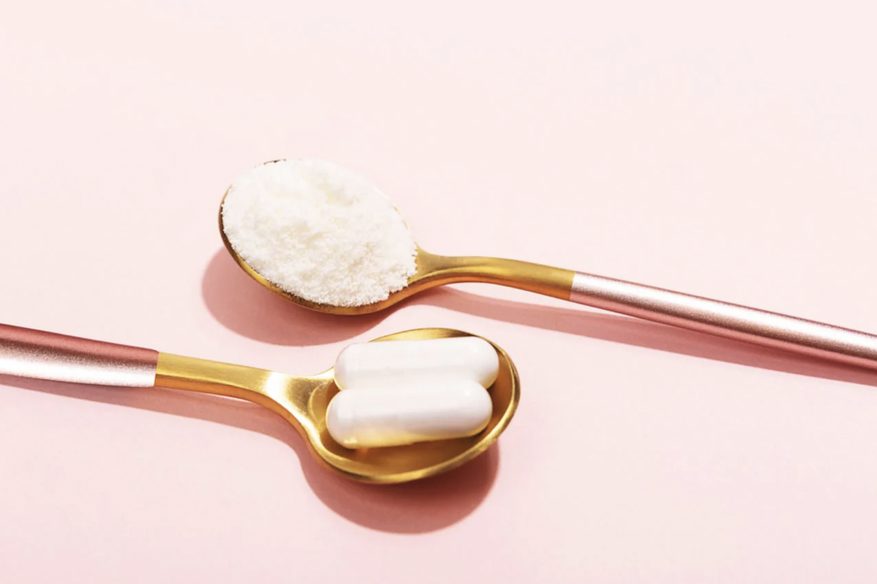 What’s the Difference Between Collagen Peptides and Hydrolyzed Collagen?
What’s the Difference Between Collagen Peptides and Hydrolyzed Collagen?
Bioavailability
Bioavailability is a term that describes how efficiently and quickly a substance is absorbed and utilized by the body. It essentially measures the extent and speed at which a substance, once ingested, becomes available to the body’s systems for use. This concept is particularly important in pharmacology and nutrition, as it determines the effectiveness of drugs and nutrients. Bioavailability can be influenced by several factors, including the physical and chemical properties of the substance, the method of administration, and the individual’s physiological characteristics. For instance, certain medications or supplements may be more readily absorbed when taken with food, or they may require specific formulations to enhance their solubility. Bioavailability is crucial because even if a substance is biologically active, it can only exert its effects if it is accessible to the body in a usable form.
In the context of nutrition, bioavailability is a key factor in understanding the nutritional value of different foods and supplements. For example, the bioavailability of vitamins and minerals can vary greatly depending on their source and the presence of other compounds that may enhance or inhibit their absorption. Iron, for instance, is more bioavailable in meat sources compared to plant sources and its absorption can be further influenced by the presence of vitamin C. Similarly, the bioavailability of certain bioactive compounds like antioxidants also varies, impacting their effectiveness in promoting health and preventing disease. Understanding and optimizing bioavailability is therefore essential in the development of nutritional supplements and in making dietary recommendations. By considering bioavailability, healthcare providers and individuals can make more informed choices about their nutrition and medication, ensuring that the body receives and effectively utilizes these substances for optimal health benefits.
 What’s the Difference Between Collagen Peptides and Hydrolyzed Collagen?
What’s the Difference Between Collagen Peptides and Hydrolyzed Collagen?
 What is Bone Health and How Can Collagen Peptides Support It?
What is Bone Health and How Can Collagen Peptides Support It?
 Collagen Peptides: Support Your Skin the Nutritional Way
Collagen Peptides: Support Your Skin the Nutritional Way
 Does Ethnicity Affect How Our Skin Ages?
Does Ethnicity Affect How Our Skin Ages?



